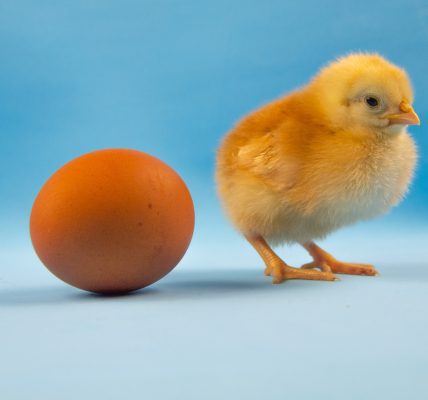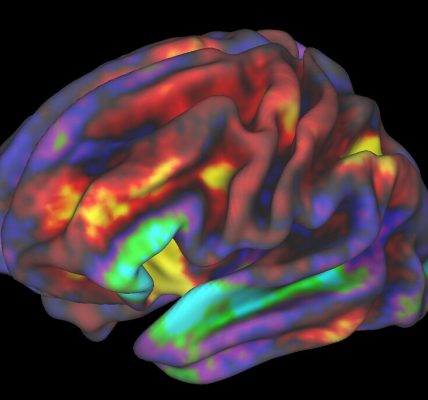Is It or Isn’t It?

The addictiveness of sugar has become a subject of debate on a par with “Who killed Kennedy?” A Google Scholar search for “sugar addictive” turns up around 98,000 academic publication results, so even allowing for inevitable duplication, that is a solid starting point.
In the world of blameworthy substances, sugar is both the 800-pound gorilla and the elephant in the room. In colloquial speech, “The elephant in the room is the obvious topic that no one wishes to discuss because it will make someone uncomfortable.”
Question: “Where does an 800-pound gorilla sit?” Answer: “Wherever it wants to.” So does sugar, for instance in an astonishing percentage of products on supermarket shelves. Researchers have come up with various alarming numbers, but just as an example of the frightening statistics out there, in 2015 the Global Food Research Program reported:
74% of products in the US food supply contain caloric or low-calorie sweeteners, or both. Of all packaged foods and beverages purchased by a nationally representative sample of US households in 2013, 68% (by proportion of calories) contain caloric sweeteners and 2% contain low-calorie sweeteners.
A 2021 British study included such tidbits as:
Findings reveal that all 73 products analysed featured health claims on the packaging. But more than one third (37%) qualify for a red label when it comes to sugars.
If sugar had to be acknowledged as either addictive or a drug, the entire economy would collapse into chaos, because something would need to be done about those thousands of commercial offerings. Government would be in turmoil because extensive and hard-fought new legislation would be needed at every level.
An example of the reasons for alarm was the 2006 study, “Evidence for sugar addiction: Behavioral and neurochemical effects of intermittent, excessive sugar intake.” It addressed the experimental question of whether or not sugar can rightfully be deemed addictive.
Among other things, it said that sugar consumption could presage changes that resemble “the effects of a substance of abuse.” And everybody knows what that means. The condition looks very much like addiction. People started to wonder, at what point would it be permissible to flat-out use the “A” word? The authors analyzed four components of addiction: “bingeing,” “withdrawal,” “craving,” and cross-sensitization. According to the study,
These behaviors are then related to neurochemical changes in the brain that also occur with addictive drugs… The evidence supports the hypothesis that under certain circumstances rats can become sugar dependent. This may translate to some human conditions…
The paper went on to say,
“Food addiction” seems plausible because brain pathways that evolved to respond to natural rewards are also activated by addictive drugs. Sugar is noteworthy as a substance that releases opioids and dopamine and thus might be expected to have addictive potential.
The person who might fairly be characterized as the granddaddy of this all is William Dufty, whose 1975 book Sugar Blues upset America considerably. Among other things, the author called out Coca-Cola as a product with the potential to ruin entire civilizations. He caused a lot of early adapters to take a close look at the cultural implications and political facets, and they did not like what they saw.
With the civil rights movement going strong, the connection to slavery definitely soured the sweetness. And that was only one repulsive aspect of sugar, with many other strong contenders to choose from.
Written by Pat Hartman. First published February 16, 2024.
Sources:
“ More Tortured Idioms: The 800-Pound Gorilla in the Room,” WorkTalk.com, 11/22/22
“Sweetening of the global diet, particularly beverages: patterns, trends, and policy responses,” The Lancet, 12/01/15
“Babies and toddlers ‘could be getting addicted to sugary foods’,” Dentistry.co.uk,11/10/21
“Evidence for sugar addiction: Behavioral and neurochemical effects of intermittent, excessive sugar intake,” NIH.gov, May 2007
“William Dufty Biography,” CureZone.org, undated
Image Copyright: Alexander Grey on Unsplash




